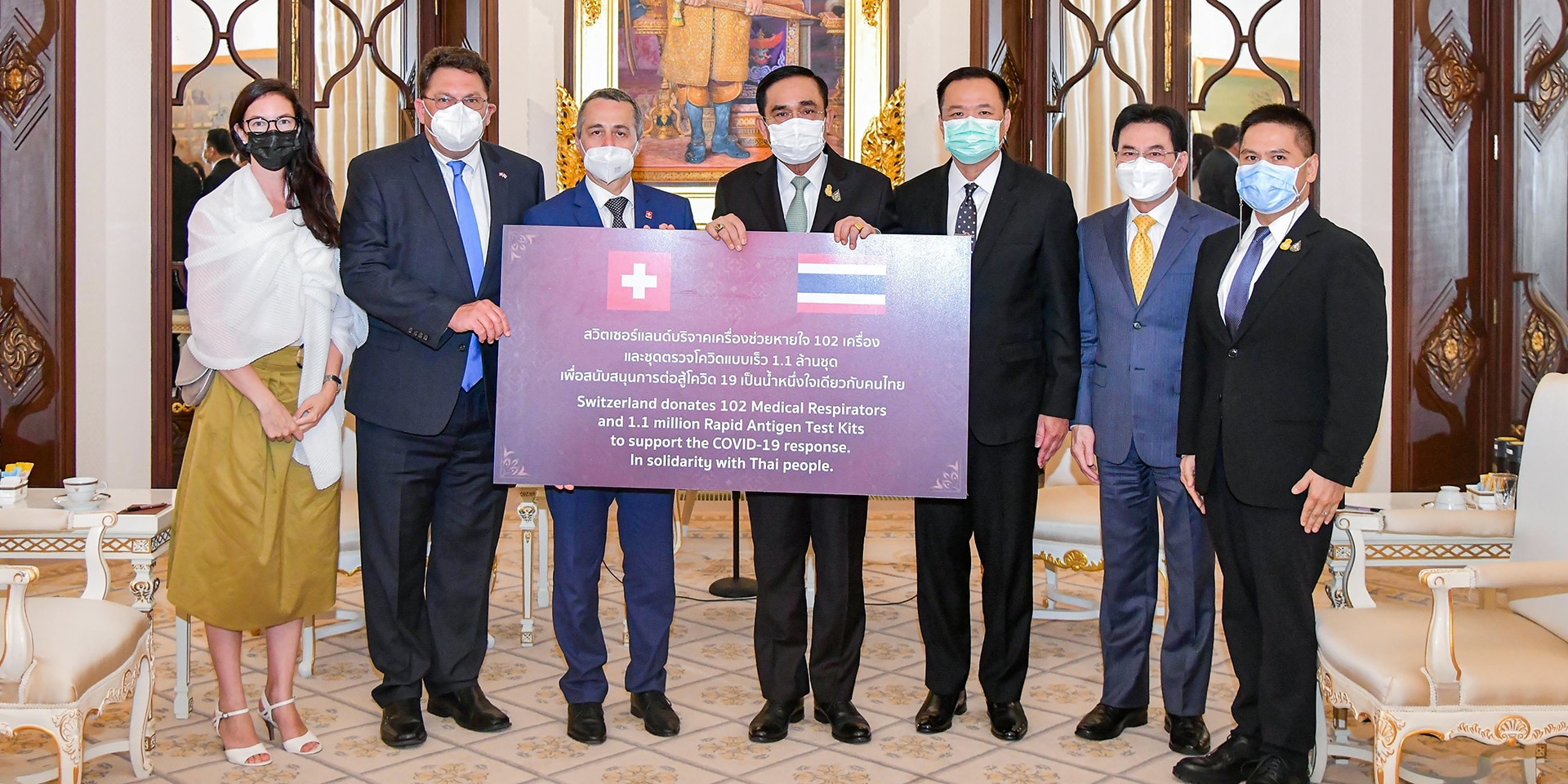Ambassador Simon Geissbühler, head of the HSD © FDFA
Mr Geissbühler, you took up your post in the midst of the COVID-19 crisis. That must have been an additional challenge for you.
Taking over a division with around 120 employees is no easy task at the best of times. But I'd say in some respects COVID-19 made it easier for me to get started: there was no induction period. I had to be operational from day one and I like that kind of challenge. In addition, the committed staff around me in the HSD have made my start easy. But working from home I must say I already miss the direct contact and discussions with colleagues in the office.
Are you at all able to learn the ropes in these circumstances?
When I was appointed at the beginning of November last year, I started to mentally adjust and familiarise myself with the job. I had many discussions and was able to set priorities and goals based on the strategic guidelines. My aspiration is that the HSD should continue to make its important contribution to the coherence and credibility of Swiss foreign policy. We focus on impacts, concrete results and quality, and think and act strategically and in a goal-driven manner.
The HSD is used to working in crisis and conflict situations. To what extent can COVID-19 exacerbate an existing political conflict?
The COVID-19 pandemic and the measures to combat it are having a direct impact on the human security of millions of people and, further down the line, this will also have an impact on Switzerland and its security and prosperity. Many negative global trends are on the rise: the rule of law, human rights, democracy, peace, security, employment and mobility are all coming under increasing pressure and can be adversely affected, especially – but by no means only – in developing countries and fragile contexts. But we also see opportunities, for example in digitalisation. And thanks to COVID-19 some conflicts have actually been given a 'breather' – precious time that can be used for talks. The commitment of the HSD to provide good offices, to help prevent or resolve conflicts, to protect people and their rights and to strengthen the international legal framework is more important than ever today – for reasons of solidarity, but also out of self-interest, because neither the virus nor the effects of the pandemic will stop at Switzerland's borders.

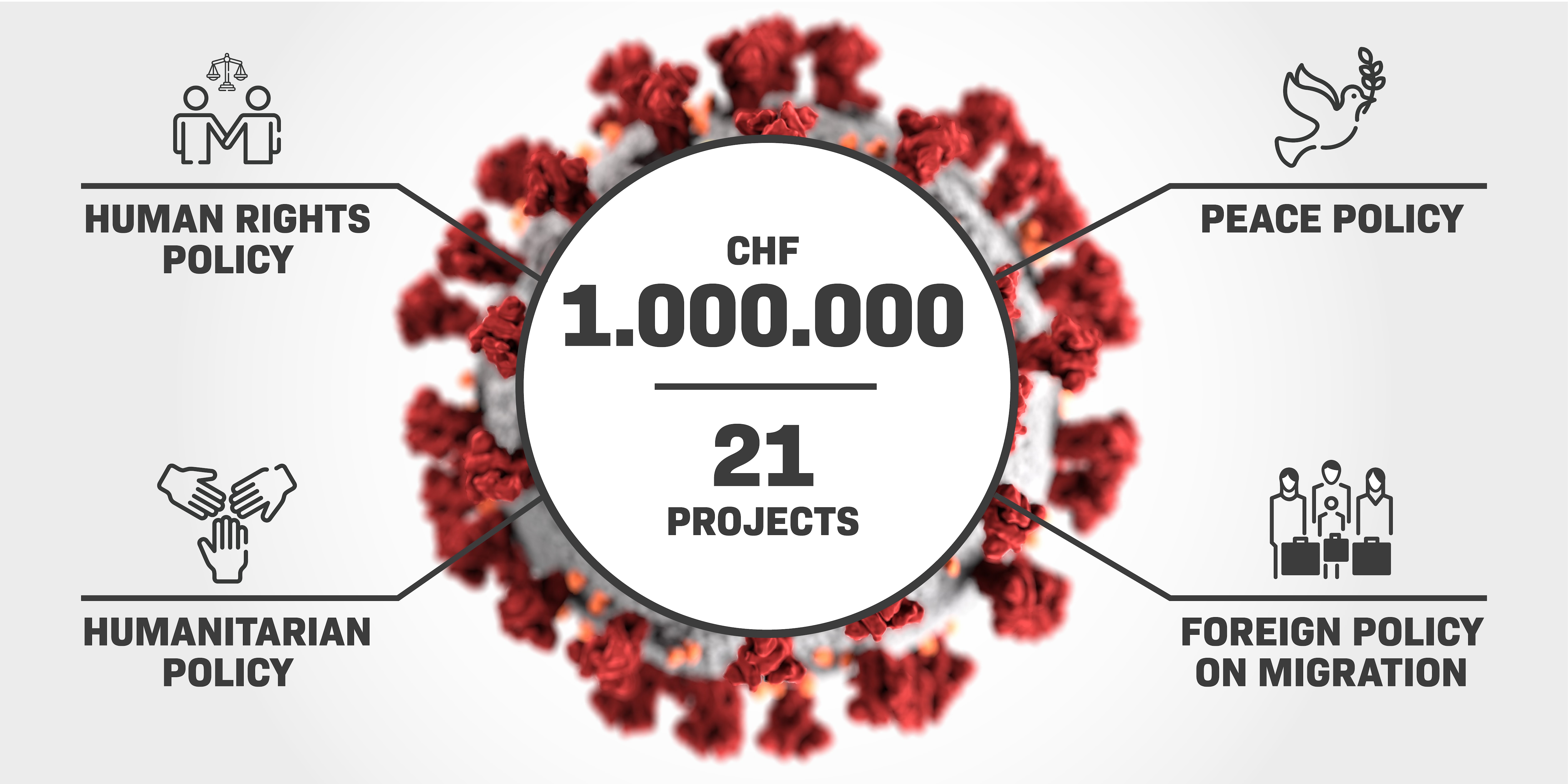
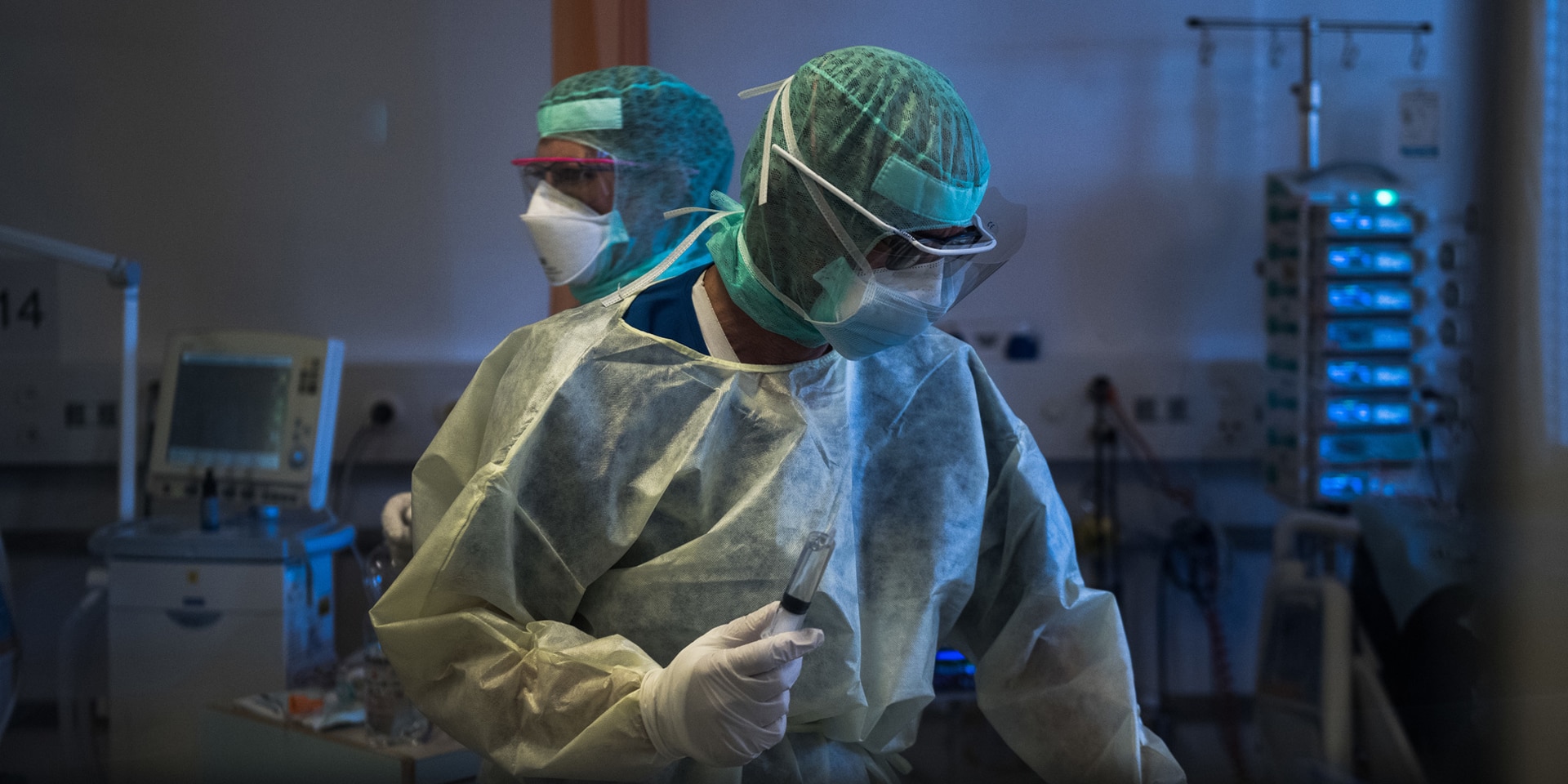
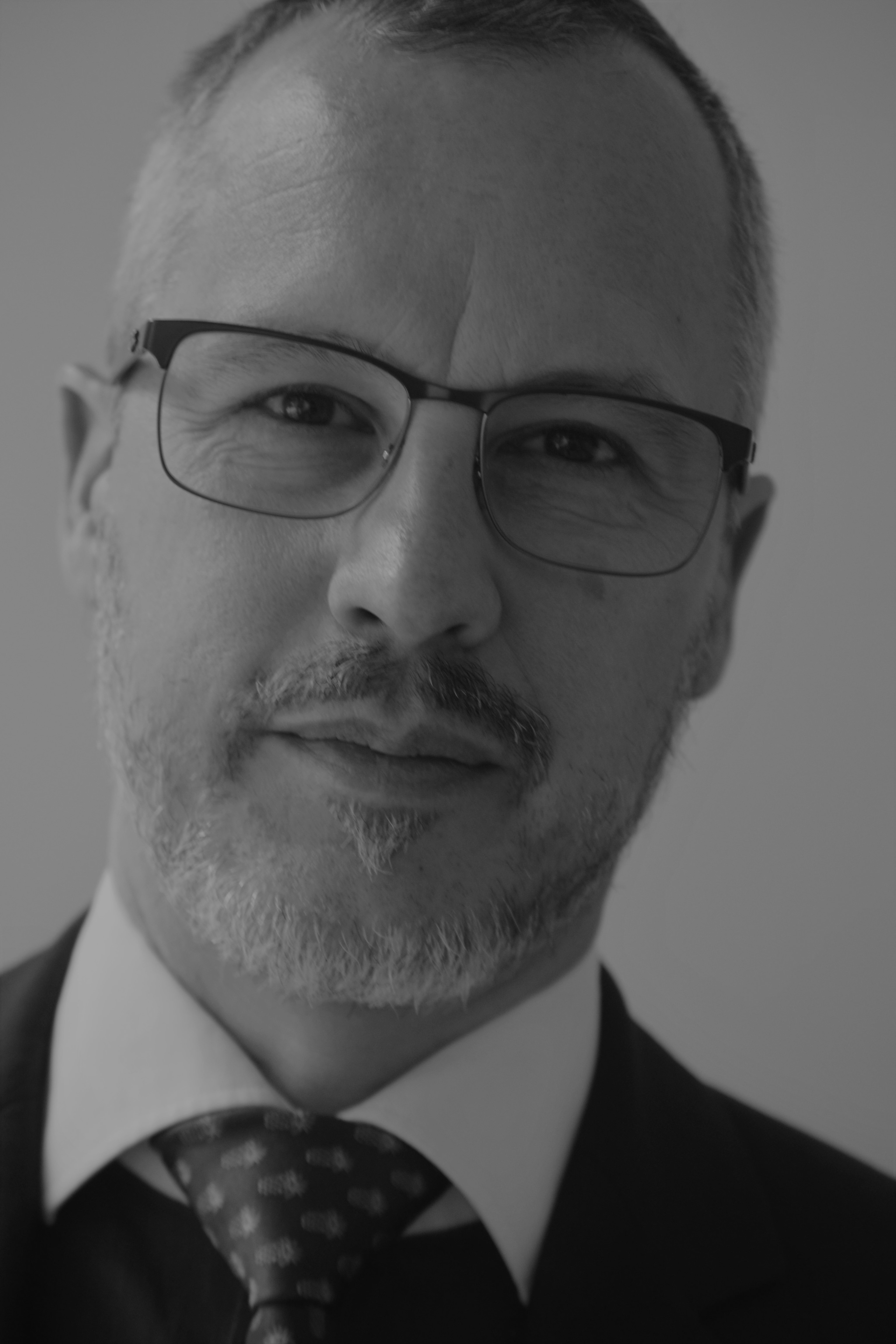
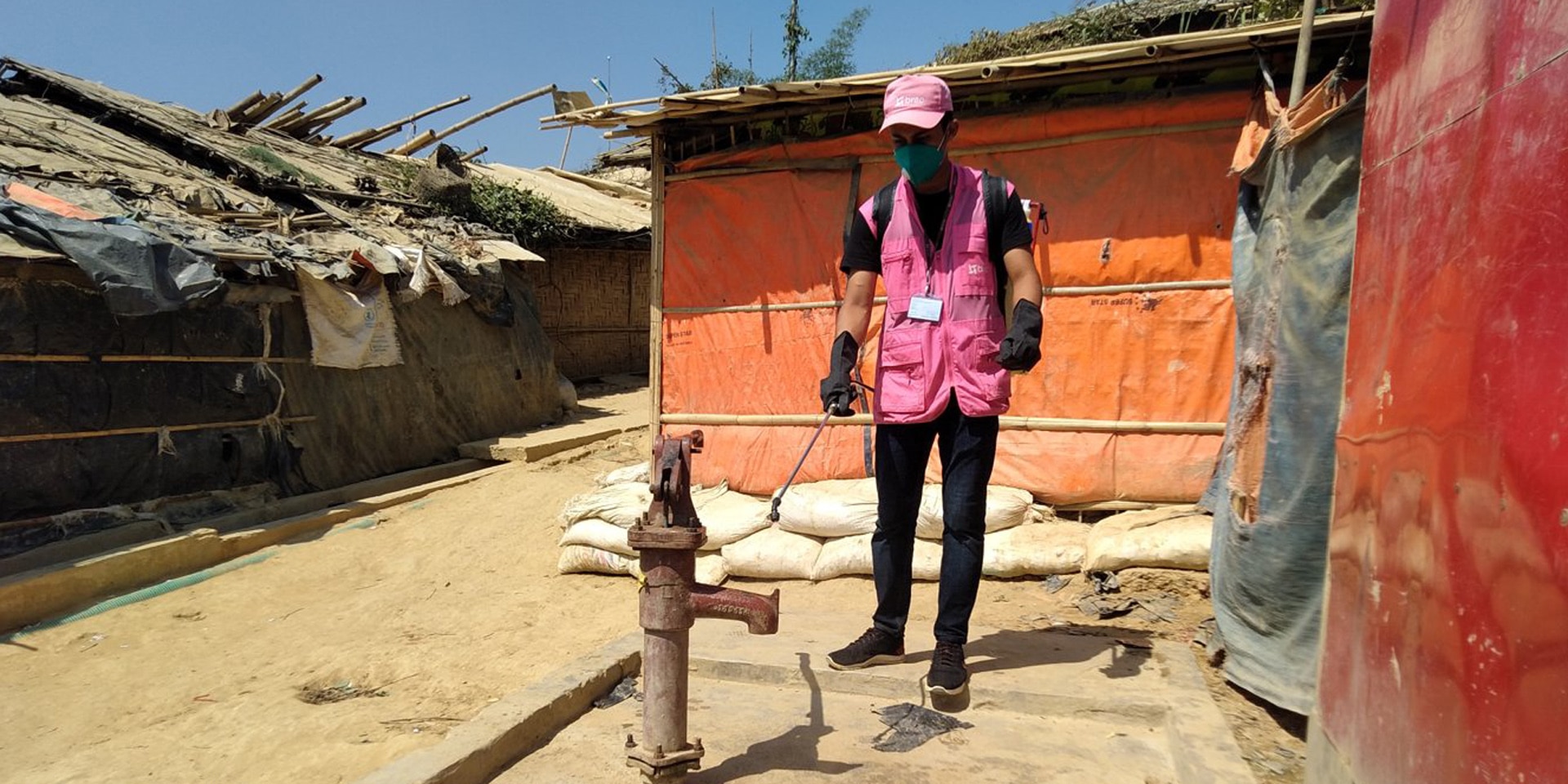
.jpg)
